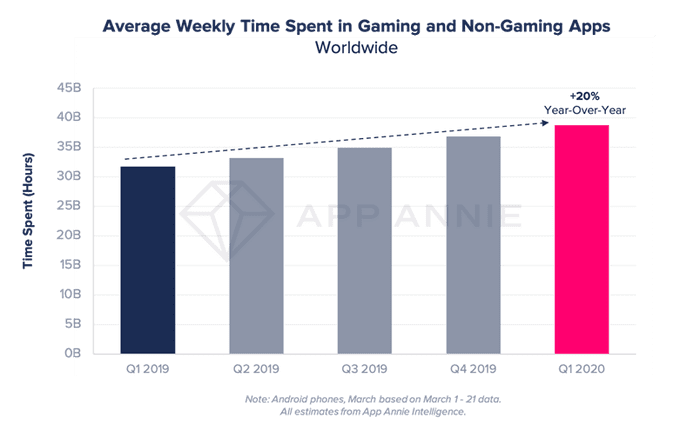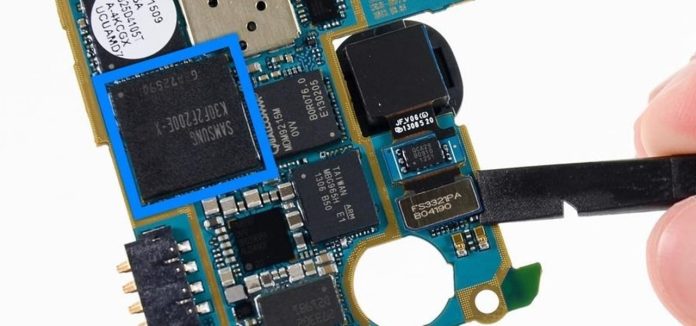It is common to think that the more RAM a mobile phone has, the better it will be.
A RAM with lots of GB is a widely used argument for selling (or pushing) smartphones to consumers. But the performance of a device depends on several components. With such extensive data sheets, buying a smartphone seems increasingly confusing. The numbers and their relationship to performance are not always clear. One of the most misunderstood specifications is RAM.
What is RAM?
The Random Access Memory (R andom A ccess M emory, or just RAM ) allows the reading and writing of files. Unlike storage memory, RAM does not permanently store content. And that is why you may have already needed to clean your phone’s RAM.
The function of RAM is to allow the processor to have immediate access to the data it wants, contributing to greater speed and responsiveness to requests. The larger the RAM, the greater its “working capacity”. When running an app or game on your phone, for example, it is loaded into RAM. While an application’s data is still in RAM, you can return to where you left off without having to load it again. That is why RAM is important for multitasking. The loaded applications stay there until your RAM is full and you need to clear some data to make room for others.
Do not confuse, however, with storage . The internal storage memory is responsible for storing the files (apps, games, music, documents and photos) permanently in a dedicated location. The internal storage (32GB, 64GB and 128GB) will always be larger than the RAM (4GB, 6GB, 8GB) by default.
Do we need a lot of RAM?
Vishal Kara, head of product at Piriform (manufacturer of CCleaner ) explains that as we perform more tasks on smartphones, more RAM is required for the phones to continue to work with the desired efficiency.
“Smartphones require instant access memory for multitasking – which is what RAM offers. In short, RAM keeps all operations running at once,” he explained to Digital Trends.
In theory, the more your smartphone has RAM, the more it will be able to absorb processes and therefore more applications will be running at the same time.
RAM also allows processes to run in the background. Some of these processes, such as when downloading new messages in the email application, are really useful. Others, like bloatware that you never use, don’t.
Smartphones with 8 GB of RAM
The first Android smartphone (T-Mobile G1 , or HTC Dream) had only 192MB of RAM and the first iPhone 128MB of RAM. The numbers increased with each release, reaching the Galaxy Note 10 with up to 8 GB of RAM. The rest of the high-end market, including the iPhone 11 Pro, still follows with 4 GB of RAM.
The demand for RAM is growing, fact. An average smartphone user opens more than 30 mobile apps per month and keeps more than 70 different apps installed. In South Korea, Japan and the United States, the total of apps installed in a smartphone already exceeds 100 (one hundred!).

However, there are other factors involved.
The sum of the components is what will determine whether the phone will be choking on tasks that require a lot of resources or not. For mobile games, for example, it is common to see the minimum RAM requirements . The problem is to think that the minimum is enough and to live with constant problems with the game experience. Keep in mind that the minimum does not guarantee maximum operation . Just make sure it works.
Sometimes, not even that.
Remember that both the mobile operating system and open apps and games are consuming memory. Of the 4 GB available, it is possible that not everything is free.
It is also a fact that the software item is getting bigger and more complex, as well as the cameras of the devices that are capturing larger images and in RAW format, performing more post-click image processing, displaying on huge screens.
Having more RAM is not always an advantage
Here we come to the heart of the matter. If having a lot of RAM only offers potential improvements in device performance, what is wrong with having more?
1) energy consumption
John Poole of Primate Labs (Geekbench 4 benchmarking platform) points out that if you are not using it, it could damage the battery. “The more RAM you put in the phone, the more power it consumes and the shorter the battery life”.
Background processes also have an “associated cost” (anyone who has used the Facebook app on Android knows what it is). Applications that run in the background can make the processor work to meet any request and this ultimately contributes to higher power consumption.
We haven’t seen an iPhone with 8 GB of RAM yet, it’s true. That’s because Apple has always done more with less. You don’t see Apple executives out there talking about RAM, but we know that the iPhone 11 Pro Max has 4 GB of RAM. What is the miracle?
2) memory management
Apple achieves comparable performance with less RAM because of iOS, which manages RAM differently. While Android depends on something called garbage collection lag , iOS uses a reference counting approach . Not better, not worse. Different.
The debate about this is often heated. In short, it is understood that Android’s “garbage collection” system requires more memory to avoid performance problems. Increasing the amount of RAM does not imply an increase in performance. The most effective measure, perhaps, was to change the rules of memory management.
The best way out, if your desire is to make a comparison between line tops with iOS and Android, is to observe benchmark tests that subject devices to the same conditions. Or, even if the interest is to compare the performance of Androids from different manufacturers, such as Samsung, Huawei, Xiaomi and etc.
3) Using the smartphone
Speaking of Androids, the amount of RAM your smartphone needs depends on how you are going to use it. More demanding users and gamers can feel the benefit of having 6 or 8 GB in their hands. As well as rest assured that these devices will continue to work well in the next two years, as the cycle of changing devices only grows.

Great content! In addition to your post, RAM can also be sold by a consumer. Instead of throwing those oldy, why not make money of it, right?
Here’s the guide on where to sell your ram: http://www.buysellram.com/where-to-sell-your-computer-ram-everything-you-need-to-know/